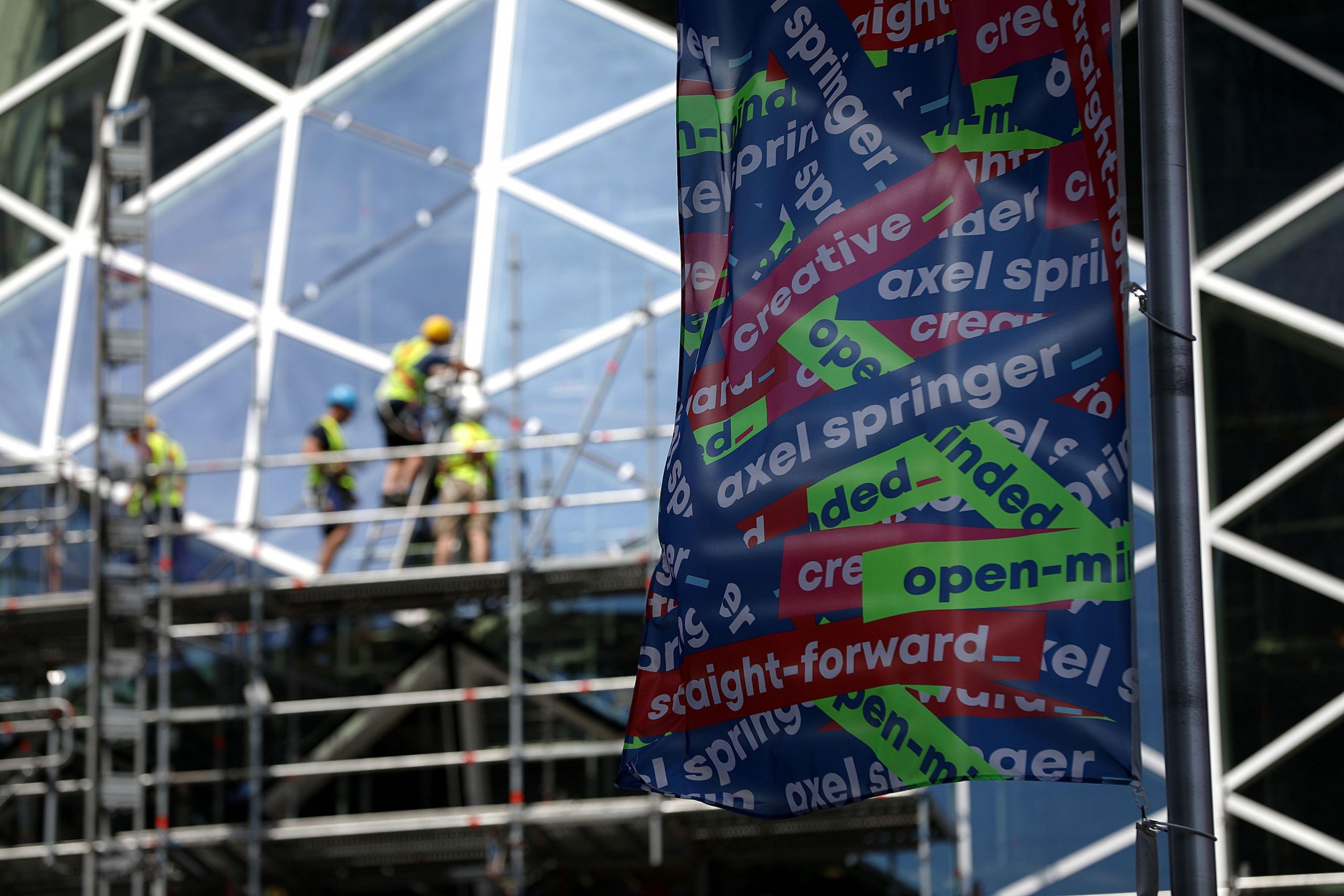By Angela Cullen and Jackie Davalos
ChatGPT-maker OpenAI has agreed to pay Axel Springer SE tens of millions of euros for the right to use the media giant’s news articles and content to build its artificial intelligence systems.
OpenAI agreed to the payment as part of a three-year deal with the Berlin-based news publisher, according to a person with direct knowledge of the situation who asked not to be identified because the financial terms aren’t public.
Under the agreement, San Francisco-based OpenAI will get to use articles and other content from Axel Springer publications, including Politico, Business Insider, and the European properties Bild and Die Welt, to develop its AI models, the companies said in a statement Wednesday.
OpenAI’s partnership with Axel Springer comes after months of clashes between news publishers and tech companies over how their content can be used to train AI systems. OpenAI and its competitors need extensive amounts of data, including the written word, to power conversational chatbots like ChatGPT. Publishers, authors and artists argue their work is being used without compensation to build AI products that make these companies billions.
OpenAI declined to comment about the financial terms of the deal.
The Microsoft Corp.-backed startup has made other agreements with news publishers. In July, the Associated Press said it would let OpenAI license its archive of news stories to develop AI models. That same month, OpenAI committed $5 million to the American Journalism Project, an organization that supports local publishers, to experiment with ways outlets can use AI in news.
As part of the Axel Springer deal, its news content will be used to generate answers in ChatGPT, OpenAI’s popular AI chatbot. The responses will include attribution and links to the full articles “for transparency and further information,” the companies said.
“We want to explore the opportunities of AI empowered journalism – to bring quality, societal relevance and the business model of journalism to the next level,” Axel Springer Chief Executive Officer Mathias Döpfner said in a statement.
Still, as publishers grapple with the right strategy toward generative AI, some see risks in partnering with the startups or using with the technology, which is prone to fabrication, to produce news. Some European media, like Radio France, have blocked OpenAI’s tools over data collection concerns. Le Figaro in France said it would never use generative AI to help write stories.
Note:- (Not all news on the site expresses the point of view of the site, but we transmit this news automatically and translate it through programmatic technology on the site and not from a human editor. The content is auto-generated from a syndicated feed.))



